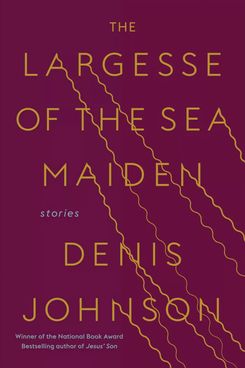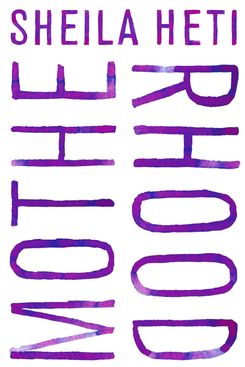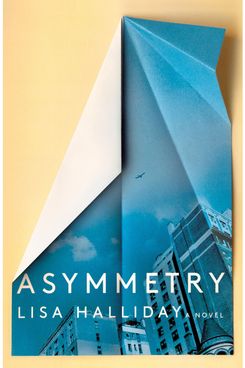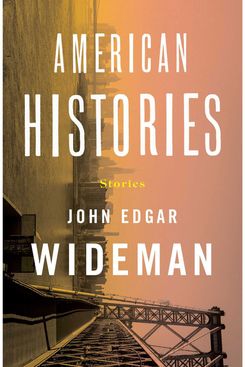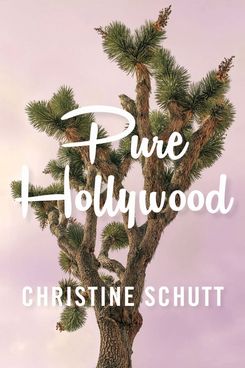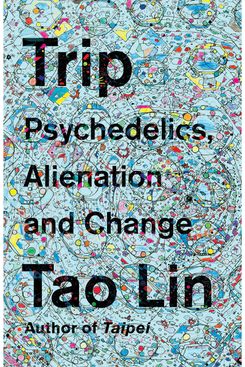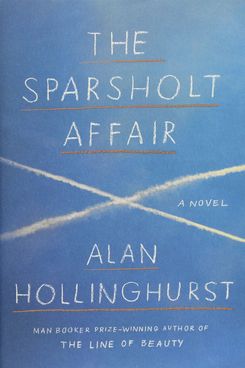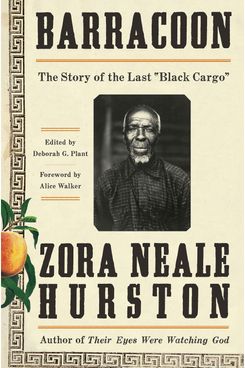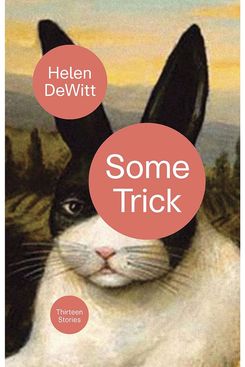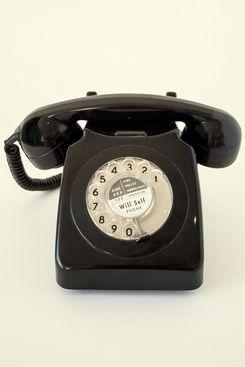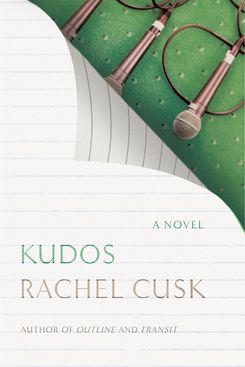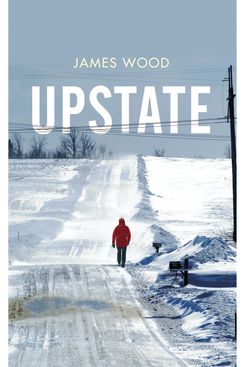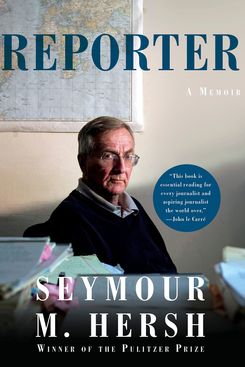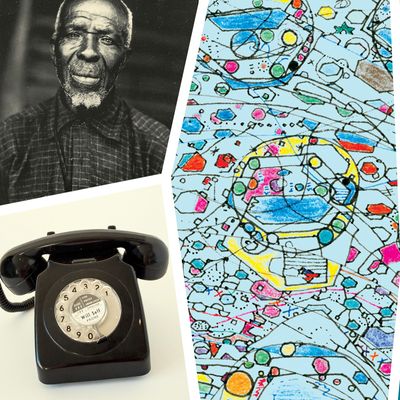
1. The Largesse of the Sea Maiden by Denis Johnson
This posthumous collection of five stories includes at least one masterpiece. Johnson returns to the territory of his classic JesusÔÇÖ Son and moves beyond it to explore various modes of survival. That its author didnÔÇÖt live to see the collection published is tragic.
2. Motherhood by Sheila Heti
Though critics have treated it as a manifesto or tract on the question of parenthood (and childlessness), Motherhood is a masterpiece as a novel for the way Heti captures the grain of life, family relations, friendship, depression, and love.
6. Trip: Psychedelics, Alienation, and Change by Tao Lin
Although you sense that Lin undertook his first work of nonfiction in order to understand his own relationship to substances and the singular way he relates to the world, Trip shows that writing about his drug experience also opened up for him new ways of relating to language. The result is an immediately significant entry in the literature of derangement and recovery.
7. The Sparsholt Affair by Alan Hollinghurst
A multigenerational epic radiating out from a shattering and deviously withheld scandal, HollinghurstÔÇÖs sixth novel doubles as a meditation on which stories we choose to tell and why. As always, his telling is exquisite.
8. Barracoon by Zora Neale Hurston
Dating from 1931 but never before published, HurstonÔÇÖs lost first book is a sociological portrait of the last surviving slave transported on the Middle Passage, Cudjo Lewis. Beyond its obvious historical value, the work is tremendously gripping on a linguistic level because of HurstonÔÇÖs commitment to preserving her subjectÔÇÖs story in dialect.
9. Some Trick by Helen DeWitt
Several of the 13 stories in this collection ÔÇö DeWittÔÇÖs follow-up to her pair of brilliant novels, The Last Samurai and Lightning Rods ÔÇö deal with the problem of genius (why is it a problem) and the creative economy and the disconnect between the two. That disconnect is tragic, but these stories are comic and intricate, and cut against the grain of current American fiction in the best of ways.
10. Phone by Will Self
The British author Will Self may not be the last modernist at work but at the moment heÔÇÖs the most fascinating of the traditionÔÇÖs torch bearers. Phone is the final volume in a trilogy that traces the arc of technology and consciousness across the last century. ItÔÇÖs also a thrilling narrative of great historical sweep.
Kudos by Rachel Cusk
┬áThe third and final novel in CuskÔÇÖs trilogy of self-suppressing autofiction is also the finest. The stories told in this book, by strangers, casual acquaintances, and fellow writers, accumulate with great force and present a sometimes damning portrait of the international literary hustle. The person who records these tales ÔÇö CuskÔÇÖs alter ego Faye ÔÇö is the most beguilingly elusive presence in recent fiction.
Wood transposes his gifts as an essayist into fiction with his second novel.┬áUpstate┬áis a quiet and subtle study in character, the story of an English family reconvened in Saratoga Springs at a moment when its membersÔÇÖ fortunes may be on the brink of various crises. ItÔÇÖs an old-fashioned novel, politely and beautifully out of step with the times.
The My Lai massacre, Watergate, CIA domestic wiretapping, Abu Ghraib, and more ÔÇö Sy Hersh has broken or advanced some of the biggest and most horrifying stories of our time, and his memoir captures his radical tenacity in gripping detail. He found out early in his career as a reporter at the Pentagon that some in the government are more loyal to the Constitution than to whoever is in power, and he amplified those secret dissenters in service of the public interest for decades.


